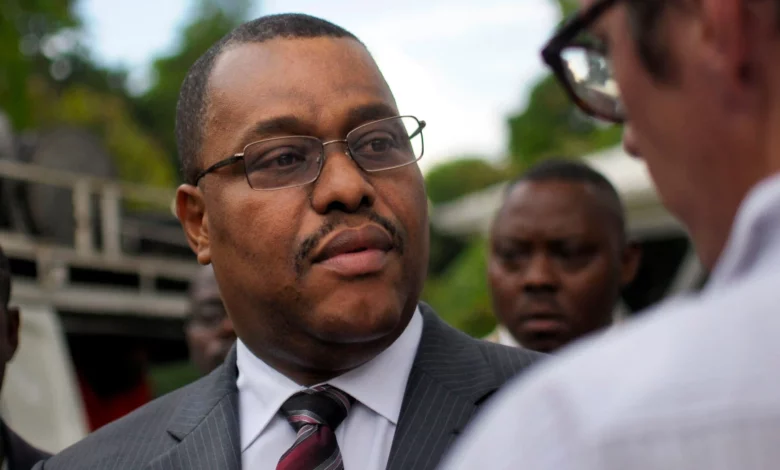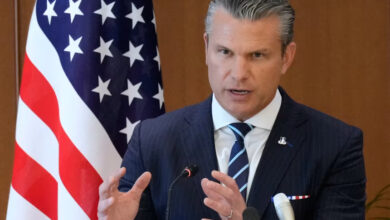
Conille was chosen by consensus after the council conducted hearings of candidates, Leblanc Fils said.
Conille briefly served as prime minister from 2011 to 2012 during the presidency of Michel Martelly. He is currently the UNICEF Regional Director for Latin America and the Caribbean.
His appointment is a key step in the reconstruction of Haiti’s government, following the ouster of former Prime Minister Ariel Henry earlier this year. The new prime minister and the nine-member council must also select a cabinet and eventually lead Haiti to new elections.
Since February, attacks by an insurgent alliance of gangs in the capital Port-au-Prince mean the city’s international airport and seaport have ceased to function, breaking vital supply lines of food and aid and triggering an exodus of evacuation flights for foreign nationals.
The violence erupted while Henry was in Kenya to secure its commitment to a multinational security mission meant to bolster Haiti’s national police. But the then-leader was unable to return to the country amid the bloodshed, and ultimately announced his resignation in March. The resignation pitched the country’s political establishment into weeks of negotiations as they sought to muster a transitional government.
The inauguration of the CARICOM-backed presidential council in April has since allowed Haiti to resume planning for the much-delayed foreign mission. That foreign mission, led by Kenya, is now expected to arrive sometime in June.
While some commercial flights to Port-au-Prince have tentatively restarted, the city remains largely cut off from the outside world. Across the nation, nearly 5 million people in Haiti are suffering from acute food insecurity – defined as when a person’s inability to consume adequate food poses immediate danger to their life or livelihood.
This is a developing story and will be updated.




